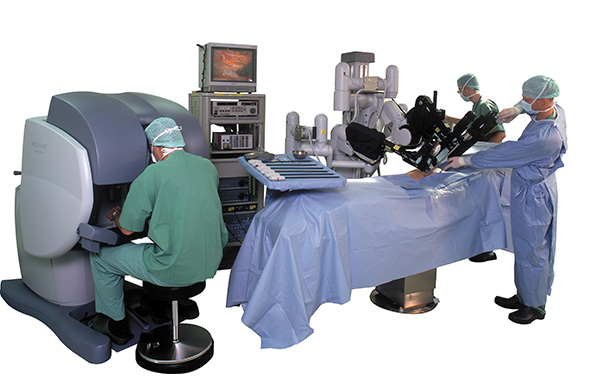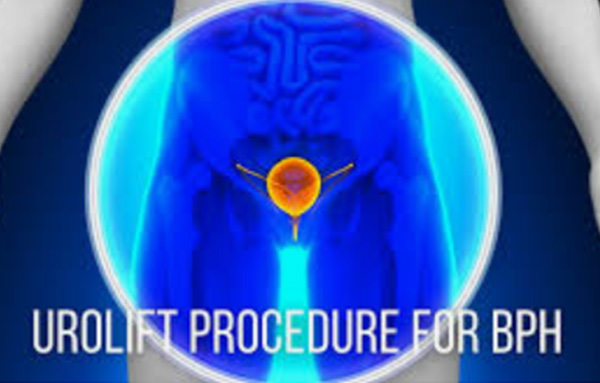Treatments
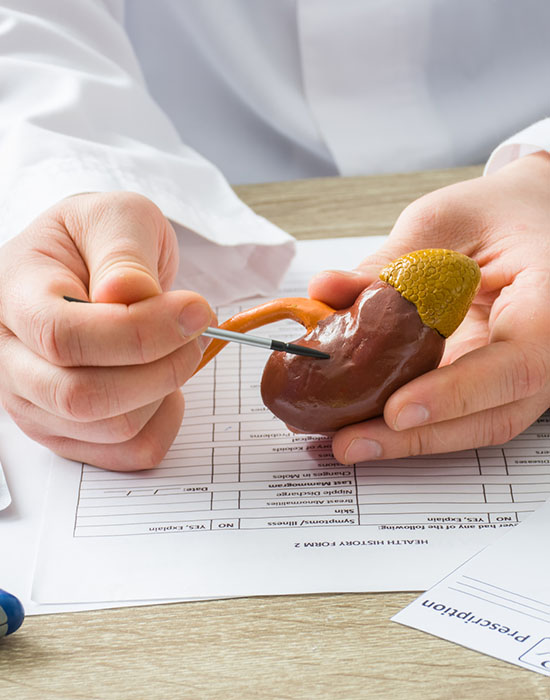
General Urological Care
Our physicians provide the following:
- Prostate Disease: Treating BPH (benign prostatic hyperplasia) and prostate swelling, inflammation, and enlargement.
- Penile Prosthesis: Improving erection size and hardness with penile implants and surgical procedures.
- Kidney Stones: Removing kidney stones through minimally invasive procedures and treatments. It’s commonly caused by dehydration and crystal-forming substances within the bladder.
- Minimally Invasive Surgery: Removing painful or harmful urological tumors, stones, and cancers.
- Testosterone Deficiency: Boosting male confidence, performance, and health through testosterone treatments and enhancements. Low testosterone and deficiencies often occur with age and can be accelerated by stress and mental health issues.
- Sexual Dysfunction: Treating Peronie’s disease, premature ejaculation, and erectile dysfunction to restore pleasure and confidence.
- Urinary Tract Infection: Restoring kidney, bladder, urethra, and ureter function and comfort.
- Adrenal Disease: Treating conditions that negatively impact adrenal glands and hormone production.
- Post-Operative Instructions: Guidance for recovery. Examples include providing prescriptions, recommending rest and recovery habits, and scheduling a follow-up appointment to see the procedure’s effectiveness.
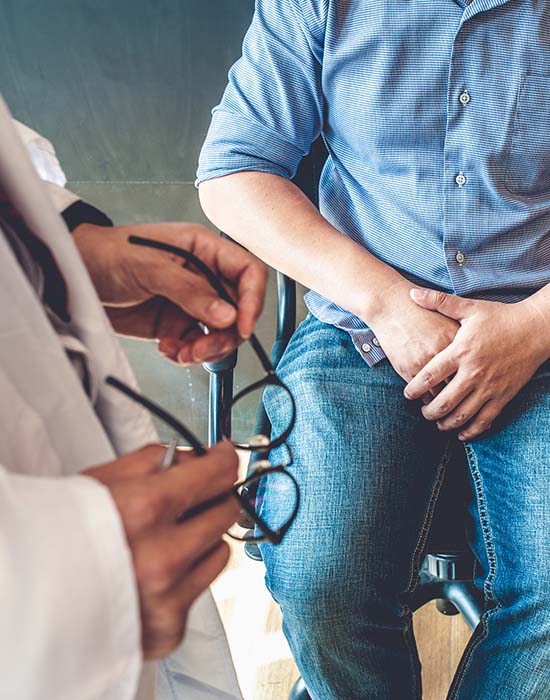
Men’s Urological Care
We assess, diagnose, and treat males for the following:
- Male Incontinence: Inability to control urine flow and release through the body. Male incontinence can be caused by weakened pelvic muscles, nerve damage, chronic constipation, and obesity.
- Male Infertility: Inability to impregnate or produce robust and healthy sperm. Male infertility can be caused by sperm disorders, hormones, genetics, and medications.
- Vasectomy: Procedure for sterilizing males and eliminating sperm production. It involves making small incisions, tying off the vas deferens, and heat-sealing the incisions after the procedure is complete.
- Reverse Vasectomy: Procedure for reinstating male fertility and restimulating sperm production. It involves making a small incision and reconnecting the vas deferens so sperm can pass again.
- Penile Prosthesis: Synthetic implants for supporting and stimulating erectile strength and rigidness. The implants inflate and deflate the penis, allowing full control over the erection.
- Hypogonadism/Testosterone Replacement: Low testosterone levels affect sex drive, sleep habits, and concentration. These conditions can be caused by genetic disorders, diseases, and poor development.
- Sperm Retrieval: Alternative to reverse vasectomies for those who want to conceive. It comprises extracting sperm from males with limited sperm production.
- Peyronie’s Disease: Penile plaque buildup that impacts erectile tissue and shape. The most common cause of Peyronie’s disease is penile trauma caused by sexual and physical activity.
- Erectile Dysfunction: Inability or difficulty maintaining an erection during sexual activity. Erectile dysfunction can be caused by brain, hormone, nerve, muscle, and blood issues.
- Post-Operative Instructions: Guidance for recovery. Examples include providing prescriptions, recommending rest and recovery habits, and scheduling a follow-up appointment to see the procedure’s effectiveness.

Women’s Urological Care
We treat women for a wide range of urological issues and conditions, including:
- Female Urinary Incontinence: Uncontrolled and unregulated urine flow for women. Female urinary incontinence is often caused by weak muscles, nerve problems, and certain medications.
- Urge Incontinence: Abrupt, uncontrollable, and rapid female urine leakage. This condition can be caused by a weakening pelvic muscles and involuntary contractions.
- Stress Incontinence: Urine leaks caused by sneezing, coughing, and other everyday activities. These activities put pressure on the bladder, expelling urine prematurely.
- Female Pelvic Prolapse: Pelvic organ loosening that causes pain and discomfort. This is often caused by tissue damage and giving birth.
- Cystocele: Prolapse involving a dropped bladder resting against the vaginal wall.
- Rectocele: Prolapse comprising a weakening wall between the rectum and vagina.
- Apical Prolapse: Post-hysterectomy prolapse where the vagina’s tip separates from the cervix.
- Robotic Sacro-Colpopexy: Minimally invasive procedure used to correct vaginal vault prolapses.
- Female Pelvic Pain/ Sexual Dysfunction: Pelvic dysfunction and inability to feel pleasure or perform during sex.
- Urinary Tract Infection: An infection within the female bladder, kidneys, urethra, and more. These infections are typically caused by bacteria invasion and buildup.
- Female Voiding Dysfunction: Diminished function between bladder and urethra.
- Post-Operative Instructions: Guidance for recovery. Examples include providing prescriptions, recommending rest and recovery habits, and scheduling a follow-up appointment to see the procedure’s effectiveness.
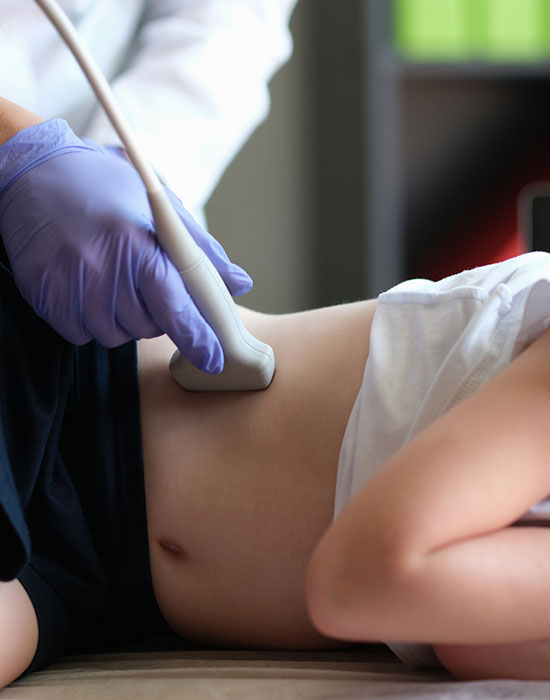
Pediatric Urological Care
We treat, but are not limited to, the following pediatric urological conditions:
- Circumcision: The removal of a baby boy’s foreskin.
- Bedwetting: Or Nocturnal Enuresis. Uncontrollable urination in children, particularly during sleep.
- Antenatal Hydronephrosis: Kidney enlargement due to excessive fluid buildup in pre-born babies.
- Torsion: Twisted testicles, blocked oxygen flow, and backed-up blood vessels.
- Undescended Testicle: Failure of the testis to descend to their place at the appropriate time.
- Post-Operative Instructions: Guidance for recovery. Examples include providing prescriptions, recommending rest and recovery habits, and scheduling a follow-up appointment to see the procedure’s effectiveness.
- Hydrocele: Fluid buildup within the testicular sheath that causes scrotum swelling.
- Hypospadias: Male birth defect where the urethra is located somewhere other than the penis tip.
- Inguinal Hernia: When abdominal content pushes out through soft tissues and muscles.
- Ureteropelvic Junction (UPJ) Obstruction: Obstructed urine flow from the kidney to the ureter.
- Vesicoureteral Reflux (VUR): When urine flows back toward the bladder.
- Wilms’ Tumor (Nephroblastoma): A kidney cancer that affects young children.

Oncology
You can rely on us to provide top-quality oncological services for the following:
- Prostate Cancer: The most common cancer diagnosis for men.
- Robotic Prostatectomy: Minimally invasive da Vinci robotics prostate gland removal.
- Minimally Invasive Surgery: Endoscopic, laparoscopic, and robot-assisted procedures that reduce recovery time.
- Kidney Cancer: Cancer originating and proliferating from the kidneys. The risk factors include obesity, aging, hypertension, and tobacco consumption.
- Bladder Cancer: Cancer that begins in bladder cells. The common causes include smoking, radiation exposure, genetics, and chemicals.
- Testis Cancer: Cancer that develops and grows within or on the testicles. Undescended testicles, family history, and congenital conditions can all cause testicular cancer.
- Post-Operative Instructions: Guidance for recovery. Examples include providing prescriptions, recommending rest and recovery habits, and scheduling a follow-up appointment to see the procedure’s effectiveness.
Additional Treatments
Discover the Benefits!
Baton Rouge Urology Group
Locations
Main Office
7777 Hennessy Blvd, Suite 2004
Baton Rouge, LA 70808
225-769-2500
Baker Office
6516 E Myrtle Ave
Baker, LA 70714
225-769-2500
Gonzales Office
1104 Louisiana 30 W
Gonzales, LA 70737
225-769-2500
Mississippi Office
178 Highway-24
Centreville, MS 39631
225-769-2500
6516 E Myrtle Ave, Baker, LA 70714, USA
7777 Hennessy Blvd #2004, Baton Rouge, LA 70808, USA
Louisiana 30 W, Gonzales, LA, USA
178 MS-24, Centreville, MS 39631, USA
5000 O’Donovan Blvd, Walker, LA 70785, USA

